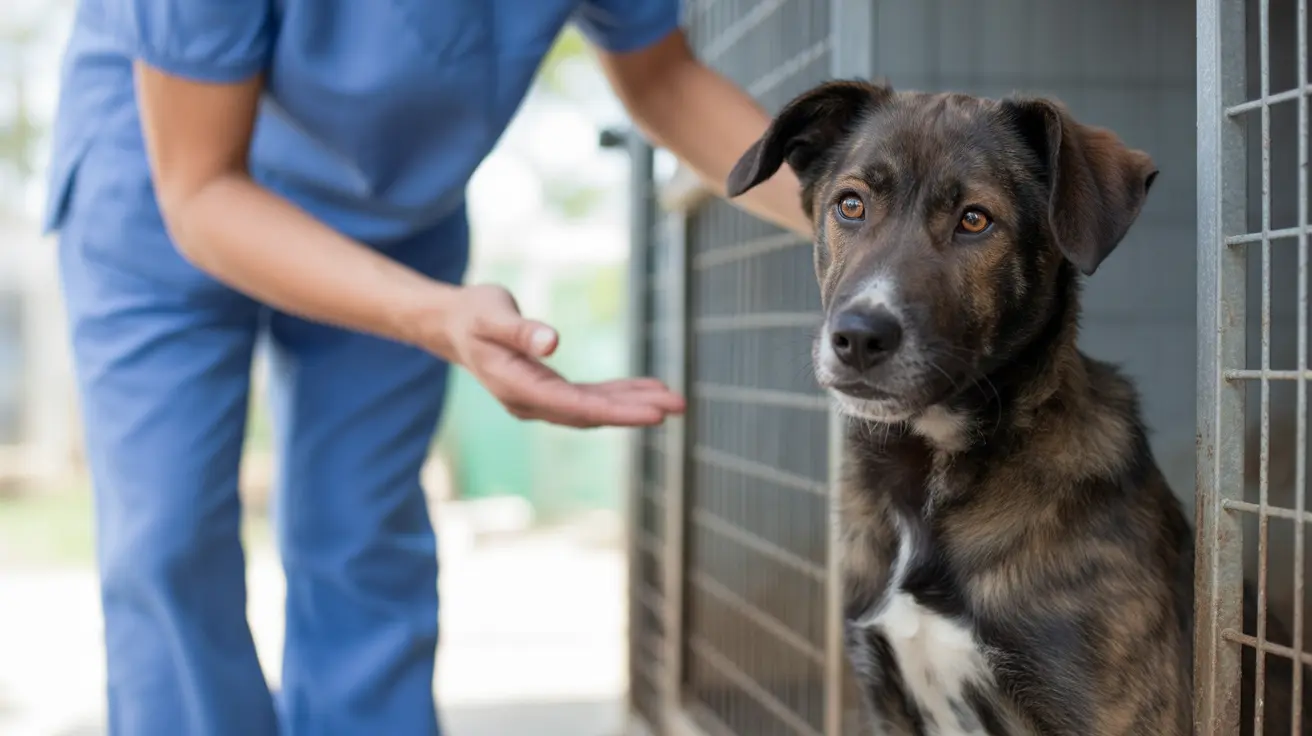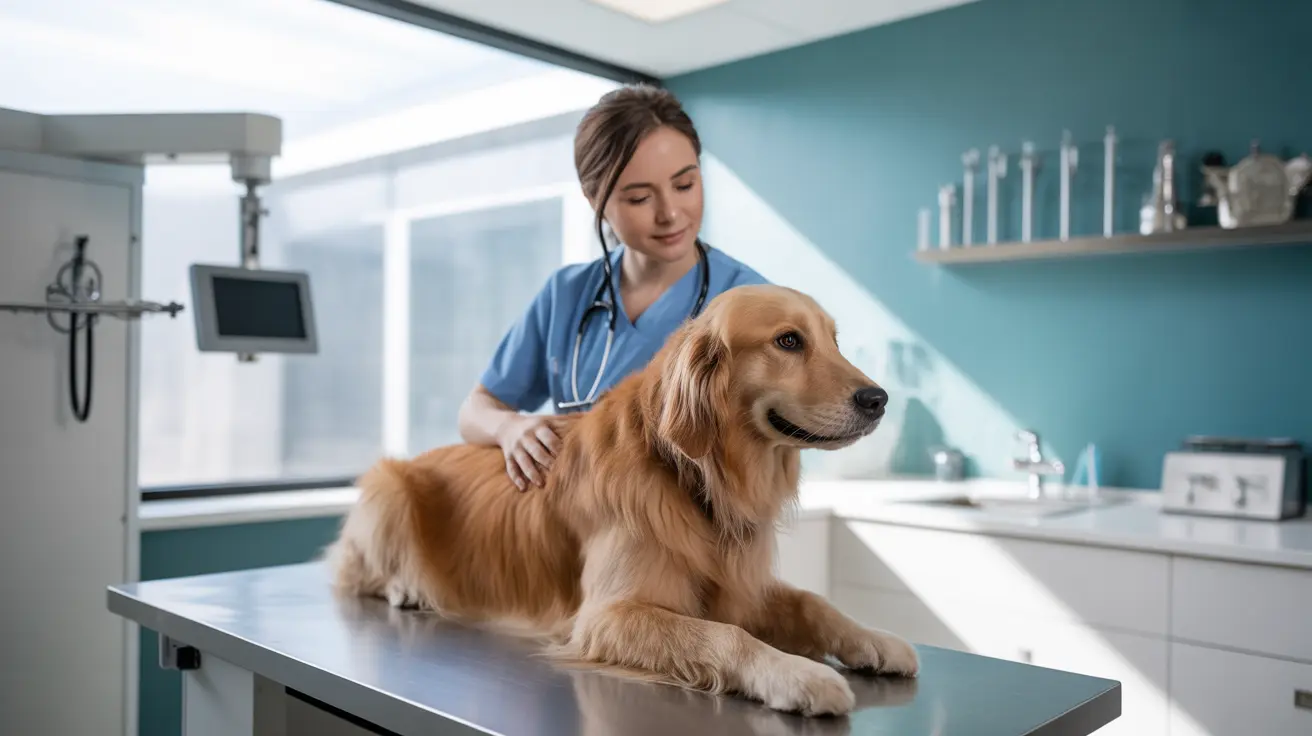Understanding Dog Seborrhea and Its Risks to Humans
Dog seborrhea, or seborrheic dermatitis, is a common skin condition in dogs characterized by abnormal skin cell turnover. This disorder leads to the accumulation of dead skin, resulting in either dry, flaky symptoms known as seborrhea sicca or oily, greasy skin as seen in seborrhea oleosa. While this condition can be distressing for both dogs and their owners, concerns often arise about its potential to spread to humans.
Is Dog Seborrhea Contagious?
No, seborrhea itself is not contagious to humans, other animals, or dogs. It is primarily a genetic or secondary condition stemming from an underlying health problem. However, some of the root causes linked to secondary seborrhea can pose a risk of transmission under specific conditions.
Understanding the Forms of Seborrhea
- Seborrhea Sicca (Dry Form): Presents with dry, dandruff-like flakes, and occasionally hair loss. Pruritus (itching) is less prominent unless there is a secondary infection.
- Seborrhea Oleosa (Oily Form): Manifests as greasy, foul-smelling skin with yellow to brown scaly patches and often includes secondary infections.
Common Symptoms in Dogs
- Oily or dry flaking and scaling
- Strong, musty odor
- Crusted or rough Lesions
- Hair loss in patches (alopecia)
- Inflammation and redness
- Increased earwax and ear debris
- Mild to severe itching
Primary vs. Secondary Seborrhea
Primary seborrhea is hereditary and typically surfaces in young dogs under the age of two. It is progressive and commonly seen in breeds like American Cocker Spaniels, Basset Hounds, and Golden Retrievers.
Secondary seborrhea is far more prevalent and results from underlying diseases such as allergies, hormonal disorders, malnutrition, autoimmune diseases, or parasitic infections. Addressing the underlying condition often leads to the resolution of seborrheic symptoms.
When Contagion Is Possible
Although seborrhea alone is not contagious, it's vital to consider infectious causes that may mimic or contribute to seborrhea:
- Fungal infections like Malassezia can be part of seborrhea, though rarely transmitted to humans.
- Parasitic infestations, such as Sarcoptes mange or Cheyletiella mites, are contagious and can cause intense itching in people and pets.
- Bacterial infections may develop and pose minimal risks under certain conditions, particularly with open sores or a compromised immune system.
Diagnosis and Evaluation
Veterinarians diagnose seborrheic conditions using various tests:
- Skin scrapings and cytology – to detect mites or fungal/bacterial overgrowth.
- Blood tests and endocrine panels – to assess for hormonal disorders.
- Skin biopsies – especially if primary seborrhea is suspected.
- Allergen testing – for suspected food or environmental allergies.
Safe Management for Pet Owners
While seborrhea is non-contagious, managing it safely and hygienically is key, especially with possible secondary infections involved.
- Wear gloves when applying medicated shampoos or ointments.
- Wash hands thoroughly after handling affected areas.
- Avoid contact with lesions if suspicious symptoms or open sores are present.
- Keep bedding and grooming tools clean and sanitized to prevent cross-contamination with infectious agents like mites.
Treatment Options
Managing seborrhea involves treating both the symptoms and the root causes:
- Addressing underlying health issues through proper veterinary diagnostics and medication.
- Frequent medicated bathing using shampoos that contain keratolytic, antifungal, and antibacterial ingredients.
- Topical treatments such as mousses or sprays designed to balance skin health.
- Dietary adjustments and nutritional supplements including vitamin A, omega-3 fatty acids, and zinc.
- Routine grooming and hygiene to avoid buildup of flakes and excess oil.
Prevention and Prognosis
While hereditary seborrhea cannot be prevented, practicing good hygiene, regular grooming, parasite prevention, and early veterinary intervention can significantly reduce the frequency and severity of seborrhea outbreaks. With proper management, dogs with chronic seborrhea can still lead healthy lives.
Final Word
Dog seborrhea is not a public health risk. Understanding its symptoms, contagious risks tied to secondary infections, and proper management techniques will help ensure the safety of both your pet and your household. If your pet exhibits signs of seborrhea or related infections, consult a veterinarian for accurate diagnosis and personalized treatment.





